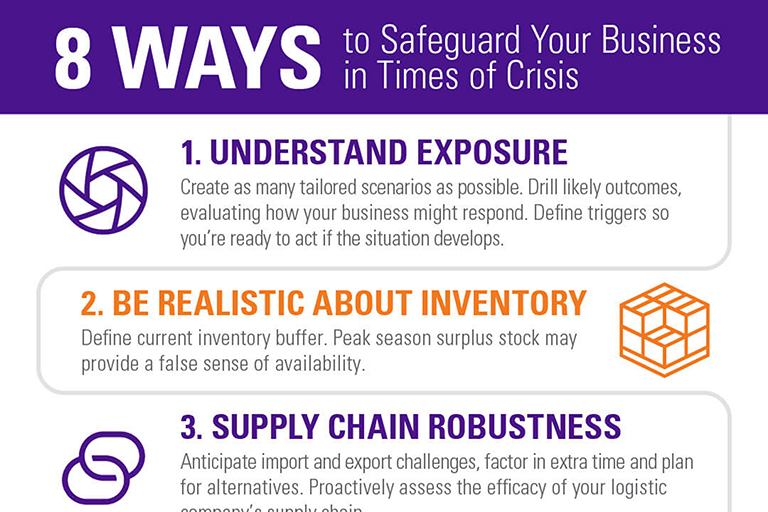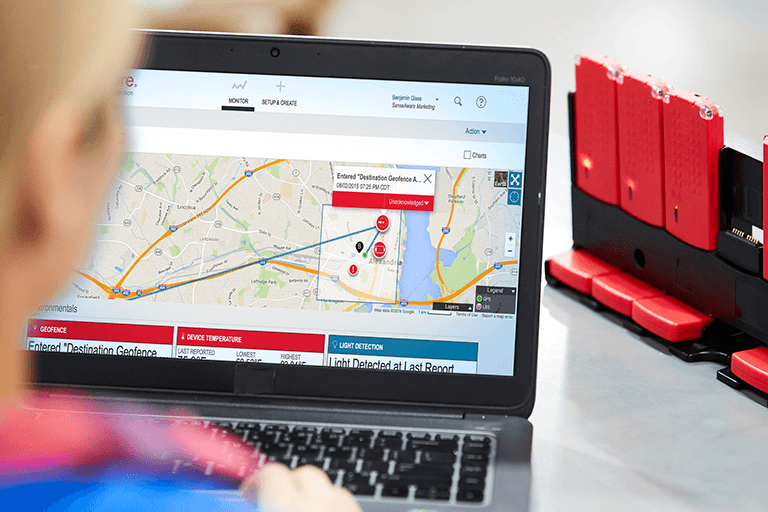The Power Of Stem Cells: Delivering Better Lives & Possibilities
StemCyte has appointed FedEx to handle live-saving and temperature-sensitive shipments. Read more on how FedEx delivers better lives and possibilities for people around the world.
At the age of 10, Wei-Zhi, was diagnosed with Chronic Myeloid Leukemia, a type of cancer that affects the blood and bone marrow. Besides relying on chemotherapy to control the increase of leukemia cells in his body, his doctor was looking for a stem cell or bone marrow transplant to treat his condition. Since Wei-Zhi weighed almost 70kg at that time, one pack of cord blood was not enough for him. Fortunately, StemCyte managed to help Wei-Zhi find suitable matches of cord blood and had a successful cord blood transplant, the first two-unit cord blood transplant in Taiwan. Wei-Zhi is now over 30 years old and is enjoying a wonderful life with his family.[1]
This is just one of the many successful cases of umbilical cord blood stem cell transplant, and StemCyte has played a critical role in saving these lives.
Today, rising air pollution has increased the prevalence of diseases such as diabetes, stroke, Alzheimer’s disease and Parkinson’s disease, which are threatening people’s health. In the future, people are expected to be exposed to more lifestyle diseases, even some incurable diseases.[2] These increases are expected to accelerate the demand for cell therapy in the coming years[3].
As a leader in stem cell application, StemCyte specializes in research and development of stem cells, providing high quality, high viability stem cells to doctors around the world for treating patients in need. With research centers in Taiwan, the U.S. and India, StemCyte has supplied more than 2,200 units of umbilical cord blood for stem cell transplants globally to date.
The global stem cell banking market was worth US$8.1 billion in 2018, and has been one of the fastest-growing segments in the next-generation stem cell therapy[4]; As demand from customers continue to grow, the process of transporting temperature-sensitive stem cell samples safely and securely from one place to another has become one of the biggest challenges. At StemCyte, the need to transport stem cells across borders is inevitable given customers come from all over the world. As different types of stem cells require different temperature conditions, temperature control is critical in order to preserve the viability of stem cells.
To ensure the integrity of its healthcare shipments, StemCyte uses temperature-controlled solutions by FedEx to ensure its temperature-sensitive, time-critical healthcare shipments are kept under their ideal conditions during the transportation process. By using FedEx temperature-controlled packaging with dry ice, healthcare shipments can be kept under a frozen environment at as low as -70°C for up to 96 hours during the transit. In addition to FedEx Priority Alert service which supports re-icing during transit if necessary, these shipments also benefit from priority boarding and customs clearance, as well as around-the-clock monitoring and notifications to ensure end-to-end visibility.
‘We are the only cord blood bank in Taiwan that sends maternal blood to our collaborative laboratory in the U.S. for safety and quality inspection. On average, we send more than four shipments to the U.S per month. Normally, the delivery of maternal blood must be completed within five days. With FedEx International Priority service, it only takes one or two days for our stem cell shipments to arrive in the U.S., which significantly shortens the testing lead time,’ said Dr. Jonas Wong, Chairman of StemCyte in Taiwan.
According to Deloitte 2020 Global Health Care Outlook, global health care spending is expected to grow at a compound annual growth rate (CAGR) of 5% from 2019 to 2023[5]. Population growth, emerging economies, and technological advances are accelerating the growth of the healthcare market. International logistics providers therefore play a key role in driving this growth and enabling possibilities and successes in saving lives around the world.
***


















 The Latest
The Latest